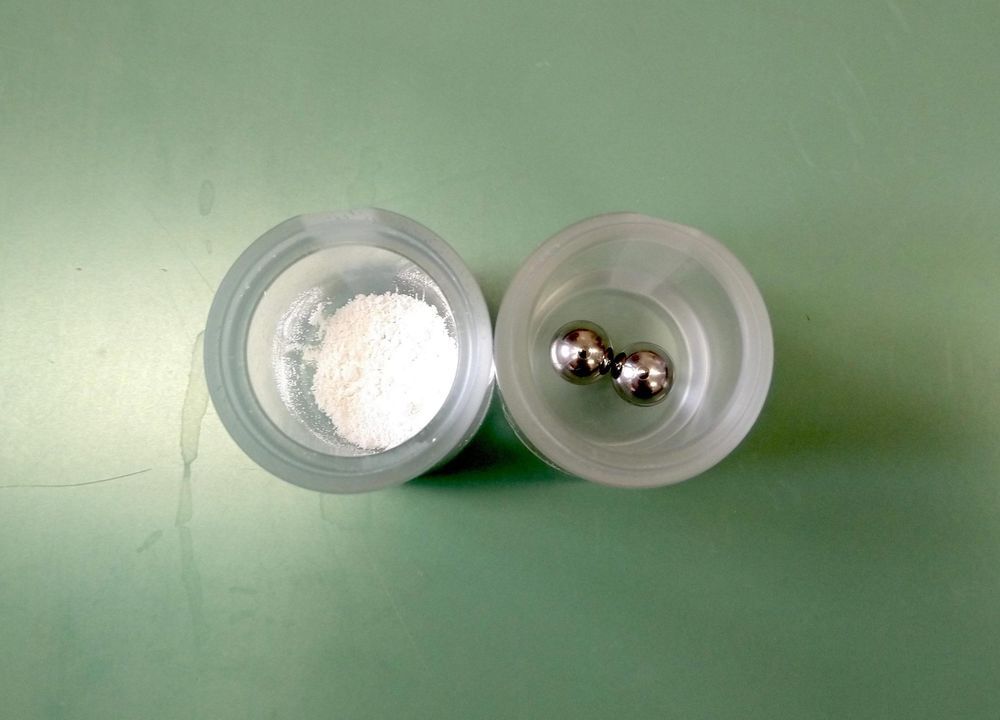In the search for the chemical origins of life, researchers have found a possible alternative path for the emergence of the characteristic DNA pattern: According to the experiments, the characteristic DNA base pairs can form by dry heating, without water or other solvents. The team led by Ivan Halasz from the Rudjer Boskovic Institute and Ernest Mestrovic from the pharmaceutical company Xellia presents its observations from DESYs X-ray source PETRA III in the journal Chemical Communications.
“One of the most intriguing questions in the search for the origin of life is how the chemical selection occurred and how the first biomolecules formed,” says Tomislav Stolar from the Rudjer Boskovic Institute in Zagreb, the first author on the paper. While living cells control the production of biomolecules with their sophisticated machinery, the first molecular and supramolecular building blocks of life were likely created by pure chemistry and without enzyme catalysis. For their study, the scientists investigated the formation of nucleobase pairs that act as molecular recognition units in the Deoxyribonucleic Acid (DNA).
Our genetic code is stored in the DNA as a specific sequence spelled by the nucleobases adenine (A), cytosine ©, guanine (G) and thymine (T). The code is arranged in two long, complementary strands wound in a double-helix structure. In the strands, each nucleobase pairs with a complementary partner in the other strand: adenine with thymine and cytosine with guanine.









Comments are closed.